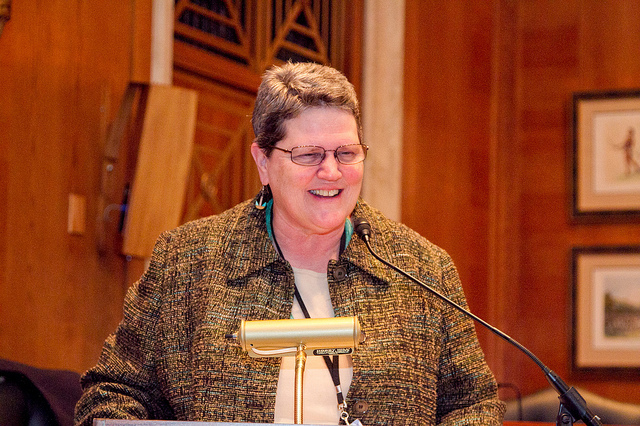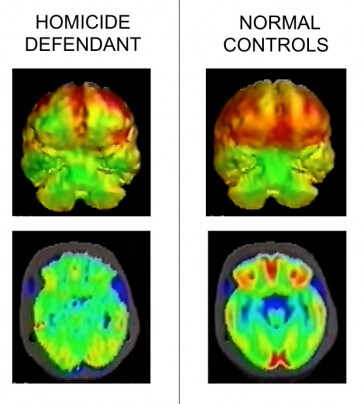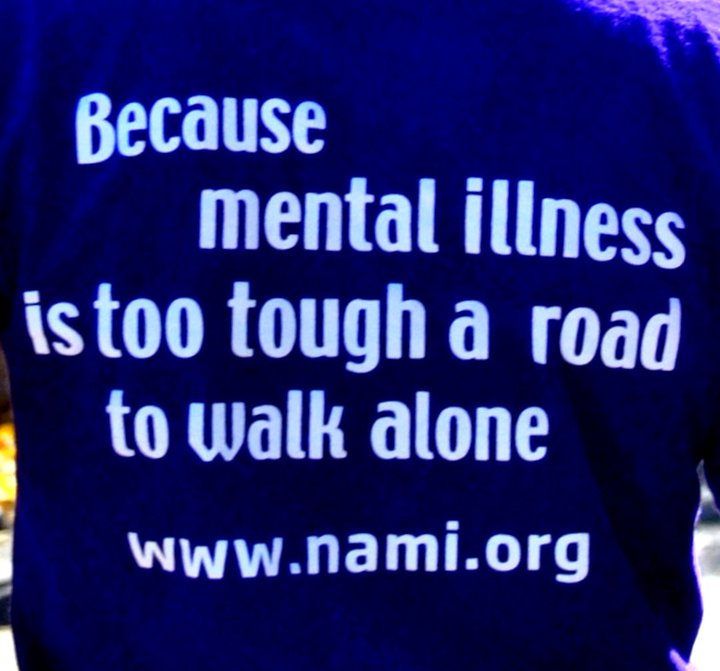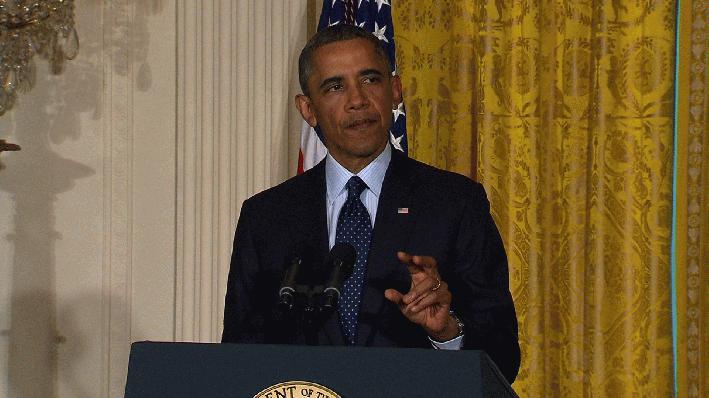Our daughter, Kathy, got married Saturday, and I had a great time doing the Father — Daughter dance. I doubt, however, Dancing With the Stars will be calling me anytime soon. Congratulations Kathy and Will! Savor the moment and thanks Patti for being so patient with my missteps later during the night when we were on the dance floor. (If you stop watching too soon you will miss all of the fun.)
Keeping A Promise: GAO To Investigate Waste, Fraud and Abuse in Mental Health
 SAMHSA Director Pamela Hyde now will have the GAO Investigating her agency.
SAMHSA Director Pamela Hyde now will have the GAO Investigating her agency.
Rep. Tim Murphy (R-PA), who is both a psychologist and member of Congress, is keeping his promise to continue shining a much needed spotlight on our nation’s problem-plagued mental health care system. Late last week, Rep. Diana DeGette (D-Co.), joined him in asking the General Accountability Office to investigate how the U.S. government delivers mental health services to the public and whether the Substance Abuse and Mental Health Services Administration (SAMHSA) is doing a responsible job in allocating the $3.6 billion each year that it spends.
Reps. Murphy and DeGette deserve big KUDOS for continuing to make mental health reform a priority — especially since their counterparts in the Senate and other members of the House appear to have put mental health on a back burner while they chase after more recent scandals (IRS and privacy concerns) that are more likely to get them on the national news.
Have they forgotten Sandy Hook and all of the promises that were made about improving our mental health system?
Rep. Murphy chairs the Energy and Commerce Oversight and Investigations subcommittee and Rep. DeGette is its ranking Democrat member. Under their bipartisan leadership, the subcommittee already has held a public forum and two hearings about mental health care — all prompted by the Newtown shootings. The same question was asked at each hearing. Is the federal government meeting the needs of the sickest of the sick?
The answer has been and continues to be an loud NO.
Tasers: Friend or Foe?

Can Brain Scans Identify Criminal Tendencies?

Courtesy of Adrian Raine
Several years ago, I attended a lunch discussion with the Nobel Prize winner, Eric Kandel, where we had a lively discussion about whether someone could be born missing a part of their brain that tells them the difference between right and wrong. Dr. Kandel predicted the use of brain scans would become commonplace in courtrooms in the future. They would be used by defense attorneys to explain violence.
I don’t like to reprint articles here but this Op Ed piece in The Washington Post is well worth your time.
Can Brain Scans Explain Crime?
By Adrian Raine and Sally Satel, Published: June 7 in The Washington Post.
University of Pennsylvania neuroscientist Adrian Raine, author of “The Anatomy of Violence,” believes that advances in brain imagery are helping to explain the biological roots of crime. American Enterprise Institute scholar and psychiatrist Sally Satel, co-author of “Brainwashed,” is wary of the seduction of brain scans. The Washington Post brought them together for a conversation about the promises and pitfalls of brain imagery. An abridged version of that conversation follows.
Diane, Joe, Elizabeth and Greg: My NAMI Bloggers!

I’m thrilled to announce that Diane Kratt, Joe and Elizabeth Meyer and Greg Arms will be writing blogs for us about the National Alliance on Mental Illness convention. More than a dozen of you answered my request for correspondents to cover NAMI’s convention on June 27th to 30th in San Antonio, Texas. Thanks so much.
Diane Kratt is a native of Fort Myers, Florida and has worked as an educator for the past 25 years, most recently as an instructor in the College of Education at Florida Gulf Coast University and as the coordinator of the Level 1 Student
Obama Gets It! A More Hopeful View of the White House Summit

My friend and long-time National Alliance on Mental Illness advocate, Joanne Kelly, attended the White House summit and felt that my criticism this week was much too harsh. She kindly offered to share her views and specifics about what the conference accomplished. Thank you Joanne!
Obama: You are not alone. Recovery is possible. There is hope.
By Joanne Kelly
President Obama opened Monday’s National Conference on Mental Health with inspiring words for people with mental illnesses and their families. “Let people who are struggling in silence know: You are not alone. Recovery is possible. There is hope.”
He convinced me he understands the stigma problem. I am also convinced his words were not empty platitudes. He intends to do something about it, and the conference was a first step. A baby step, perhaps, but a step in the right direction.
The conference brought together people from across the country, including mental health advocates, educators, health care providers, faith leaders, government officials, and individuals with mental health problems, to discuss how we can work together to reduce stigma and help the millions of Americans with mental health challenges recognize the importance of reaching out for assistance.


